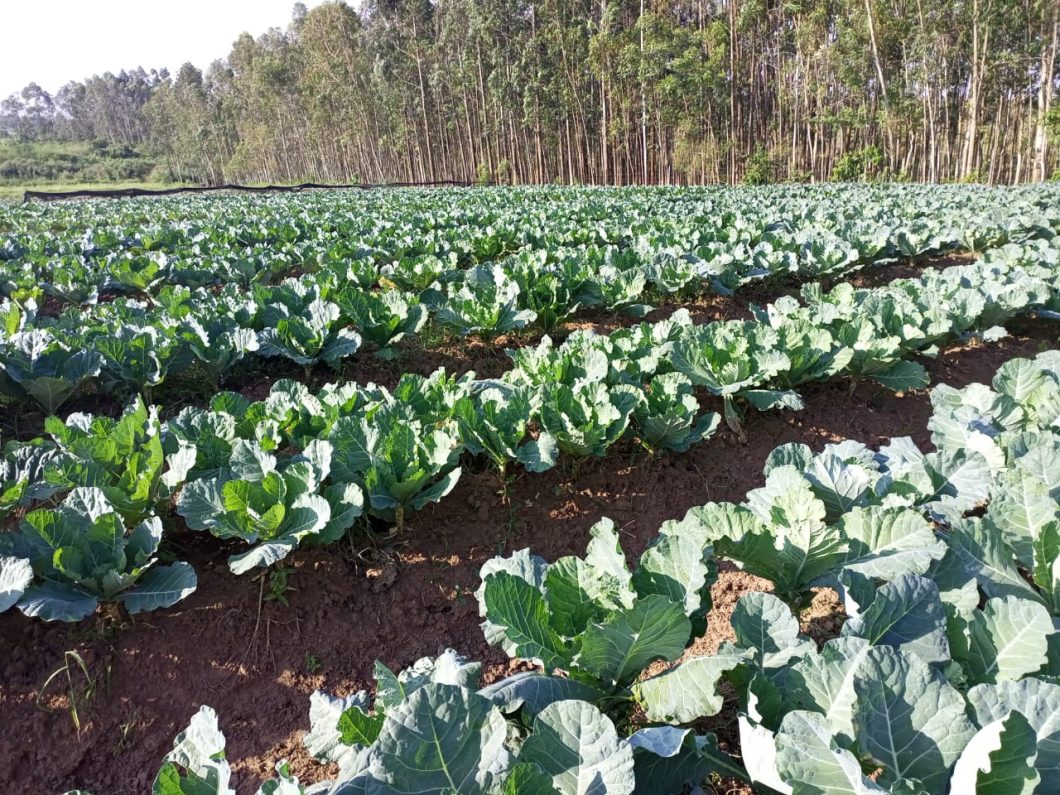I am back again to talk about GMO crops in Kenya and Africa, energised by the Kenya government’s directive that local farmers hoarding maize to force a hike in prices should cease with immediate effect and release their produce to the consumer before the government imports GMO maize!
Farming takes up 70% of my quality time. I talk to, think of, and write about farmers. But on this issue of some farmers hoarding maize, I agree with government and advice that it’s not only maize we need, but other GMO crops and products that’ll give our farmers hope, turn around our agricultural industries, grow our economy and give government sufficient tax to provide basic services.
A quick look around Kenya and Africa on what’s happening to industries relying on agricultural produce paints a grim picture, a bleak future, and hopelessness as they go down due to lack of fast maturing raw products. Good examples include the Kenyan sugar industry giant Mumias sugar company, the lifeless KICOMI and RIVATEX garment industries. The ailing Thika pineapple empire, a crumbling tea sector in Kericho and central Kenya, and many other examples of job creators rendering people jobless can be found everywhere in the country. They are all closing shop after lacking raw materials.


Releasing the BT cotton to farmers in parts of western and nyanza, and the disease resistant GMO cassava variety in coast region are the right steps in the right direction. If government works with, protects, and facilitates development partners in the GMO sector such as the International Potato Centre (CIP), I am sure the next frontier will include research into fast maturing sugar cane, tea, assorted grain, legumes and veggies.
If the government wants to breathe a fresh lease of life in the agricultural sector, all regulatory bodies including Kenya Bureau of Standards (KBS), Kenya Plant Health Inspectorate Services (KEPHIS), and the National Biosafety Authority (NBA) should consider several actions.
- Fast track the research and release of GMO crops that have satisfied all regulations to the farmers for cultivation.
- Commission more local and international research partners to venture into major agricultural crops such as sugarcane. Farmers need a fast maturing, high yielding cane variety to guarantee better pay and competitiveness on the COMESA market which has been a perennial challenge with cheap sugar imports flooding the market.
- Government has already taken charge of the national GMO agenda by lifting the ban and allowing the importation of GMO products and technology. There is a need to invest in lobbying, public education and participation, and following up with implementation policies to succeed in the campaign.
- Finally, the Kenya government needs to protect organic producers, crops and seed to provide variety to the consumer who should exercise freedom to choose what to take home and allay fears that citizens are being forced to accept GMO products.
As we build our campaign dubbed “GMO Facts, Not Fear” I encourage all law abiding citizens to engage government constructively, cooperate fully, and prioritise positions that provide long lasting solutions. GMO provides an opportunity for farmers to get better yields, cheaper crop management, good quality harvests which translate to healthier families, more income for households, and a food secure nation. Let us stop at nothing other than bare facts.

